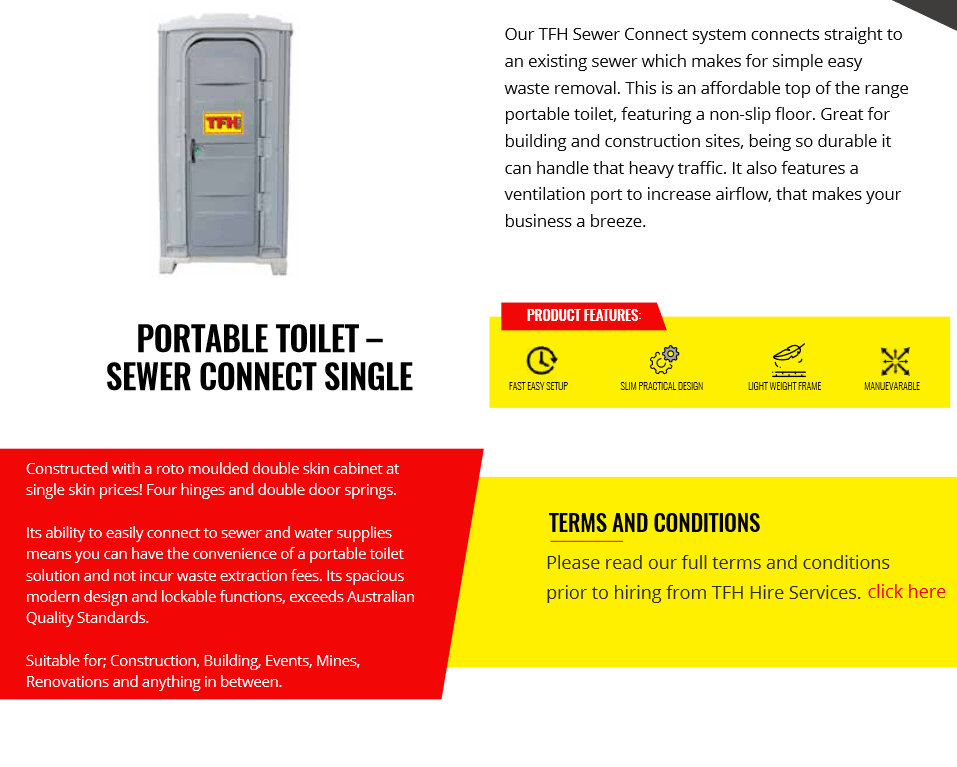See This Report about Reclaim Waste
See This Report about Reclaim Waste
Blog Article
Everything about Reclaim Waste
Table of ContentsThe Ultimate Guide To Reclaim WasteNot known Facts About Reclaim WasteWhat Does Reclaim Waste Do?The Ultimate Guide To Reclaim WasteSee This Report on Reclaim Waste
Domestic sewer waste refers to the waste and items from a domestic septic storage tank. The proper monitoring and disposal of domestic sewer waste need liquid waste to be moved to a sewage therapy plant where the appropriate techniques and tools are applied to purify and dispose of waste.
Commercial waste often consists of possible threats, such as flammable products or a combination of fluid and strong waste items, and requires a much more sophisticated and detailed disposal procedure. The disposal of industrial waste generally entails the filtration of waste prior to transport to make certain secure and proper disposal. Industrial waste is created from results and drainage of industrial procedures and manufacturing.
This type of waste can not utilize the very same sewage administration transport or procedures as septic or industrial fluids. The commercial waste management process needs the evaluation and testing of liquid waste prior to it undergoes the disposal process (industrial wastewater treatment). Runoff waste is the liquid waste that comes from drainage and excess stormwater in very populated areas or cities
Runoff waste can cause contamination and flooding if not managed effectively. Discover more regarding sewer cleaning and waste monitoring. Making certain correct waste monitoring can avoid disasters and lower ecological damage. Both individuals in household settings and experts in business or production industries can benefit from understanding the procedures and policies of fluid waste monitoring.
7 Easy Facts About Reclaim Waste Explained
Contact PROS Solutions today to find out about our waste management and disposal services and the proper means to look after the fluid waste you produce.
(http://www.place123.net/place/reclaim-waste-laverton-north-vic-australia)This so-called 'wastewater' is not only an essential resource however, after therapy, will be released to our land, rivers or the ocean. Used water from commodes, showers, bathrooms, kitchen sinks, washings and industrial procedures is understood as wastewater.

water made use of to cool machinery or clean plant and tools). Stormwater, a form of wastewater, is drainage that flows from farming and urban areas such as roofings, parks, yards, roads, paths and rain gutters into stormwater drains pipes, after rain. Stormwater flows neglected directly to neighborhood creeks or rivers, eventually getting to the ocean.
Reclaim Waste - Questions
In Queensland, a lot of wastewater is treated at sewer treatment plants. Wastewater is transported from residential or industrial websites via a system of drains and pump stations, known as sewerage reticulation, to a sewer treatment plant. City governments build, maintain and operate most sewer treatment plants. Operators are licensed under the Environmental Protection Act 1994 to release cured wastewater at an acceptable environmental criterion right into waterways.
The Department of Natural Resources recommends city governments about handling, operating and maintaining sewerage systems and therapy plants. In unsewered locations, neighborhood federal governments may require owners to set up specific or household sewer treatment systems to treat residential wastewater from bathrooms, kitchen areas, bathrooms and washings. The Department of Natural Resources authorises using household systems when they are confirmed to be effective.
In some brand-new communities, therapy of some stormwater to eliminate trash, sand and crushed rock has actually begun making use of gross pollutant traps. Wastewater therapy happens in four stages: Gets rid of solid issue.
Uses small living microorganisms understands as micro-organisms to damage down and remove staying liquified wastes and fine bits. Micro-organisms and wastes are incorporated in the sludge.
Some Known Factual Statements About Reclaim Waste
Nutrient removal is not readily available at all sewage therapy plants because it needs costly specialized devices. Clear fluid effluent generated after treatment might still have disease-causing micro-organisms - liquid waste removal melbourne.

The majority of wastewater flows right into the sewerage system. Under the Act, regional federal governments carry out approvals and licences for environmentally relevant activities (ERAs) including wastewater releases that may have a regional effect.
Not known Details About Reclaim Waste
Or else, examples are taken for laboratory evaluation. Frequently lots of examinations dig this are needed to develop the degrees of each of the various pollutants such as oils, hefty steels and chemicals in water. Surveillance offers accurate information concerning water quality and can verify that licence problems are being fulfilled. The information acquired with surveillance offers the basis for making water high quality decisions.
Report this page